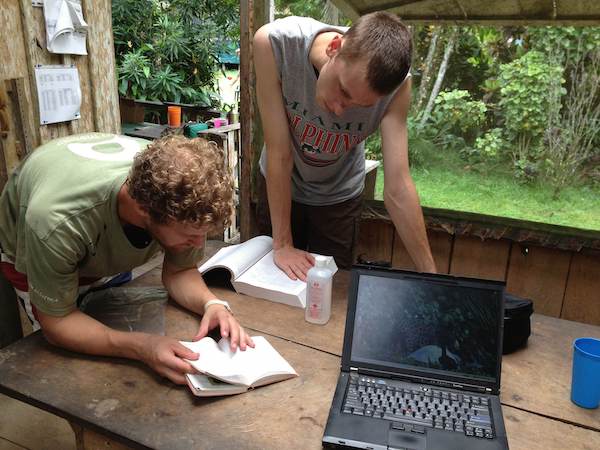Not for profit organizations are everywhere! There are organizations established just about anywhere in the world, each with its own unique mission that, in some way, makes the world a better place.
Some organizations are focused on helping animals, such as rehabilitating elephants in Laos. Others, such as Thailand’s plastic pollution project, are aimed at conserving and protecting the environment. Countless others work to meet the needs of men, women, and children, perhaps through providing access to quality medical care, education, or legal services.
Although each individual organization works to meet a different need for the unique population it serves, one thing all not for profit organizations have in common is a reliance on volunteers to keep their organizations alive. They are constantly looking for motivated and caring men and women to invest their time and energy into building and sustaining their important work.
Volunteering is important in order to sustain the good work of countless organizations world wide. Volunteers are able to make a lasting impact on communities through their work. Although the primary goal of volunteering is to give back to others, volunteering also has incredible benefits for the volunteer themselves.
- Lower Levels of Depression
According to the Mayo Clinic, those who volunteer on a regular basis are at a lower risk for depression. The social nature and mission focus of volunteer work makes people feel connected and important. This work can give meaning to a person’s life and time, which consequently reduces the likelihood of developing depression.

2. Increases Memory Preservation
A huge concern for many older adults is maintaining the mental acuity and memory of their youth. Memory impacting diseases, such as Alzheimer’s, impact many aging individuals. Research shows that adults who spend time volunteering have a lower probability of developing cognitive problems, such as memory loss, than those who don’t volunteer.

3. Reduces Stress
Individuals who are well connected with others tend to have lower stress levels than those who feel isolated or alone. Volunteering is an excellent way to build relationships and connection, both with other volunteers and with those you are serving. Volunteering also gives people a sense of purpose, which can make dealing with daily stressors more manageable.

4. Greater Self-Confidence
Once again, volunteers often feel a greater sense of purpose than those who don’t volunteer. They feel like their life and time are meaningful, important and needed. Feeling important and needed can do wonders for your overall self-confidence.

5. Develops Passion
A passionless life is a bland and boring life. Volunteering is a great way to discover and cultivate the passions that give your life meaning. Whether your passion is for animal conservation or it’s making a difference in the life of a child with cancer, there are volunteer opportunities for every passion, interest, and individual.

6. Makes You Happy
It’s not just a nice idea. Research shows that volunteering will actually make you happier! When a person volunteers, dopamine, the hormone that brings feelings of happiness, is released in your brain. It’s the same kind of “high” that people experience after exercising.

Although the primary goal of volunteering is to make a difference and give back to the community, there are some significant personal benefits for those who volunteer on a regular basis. Check out the many volunteering opportunities that Global Nomadic has to offer and experience to mental health benefits of volunteering while doing something meaningful!











